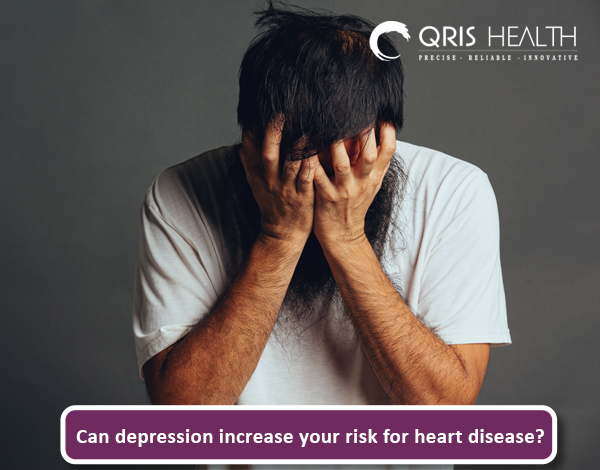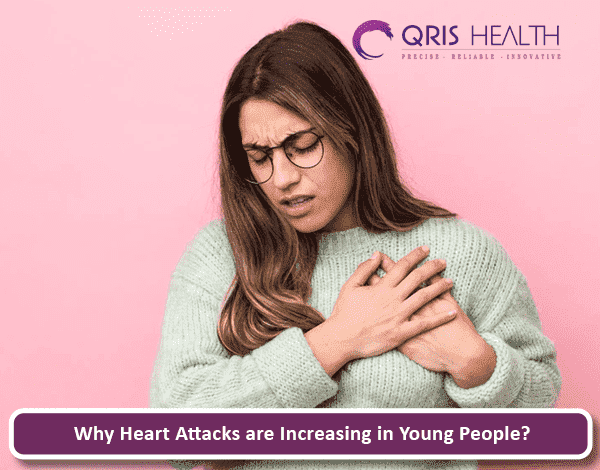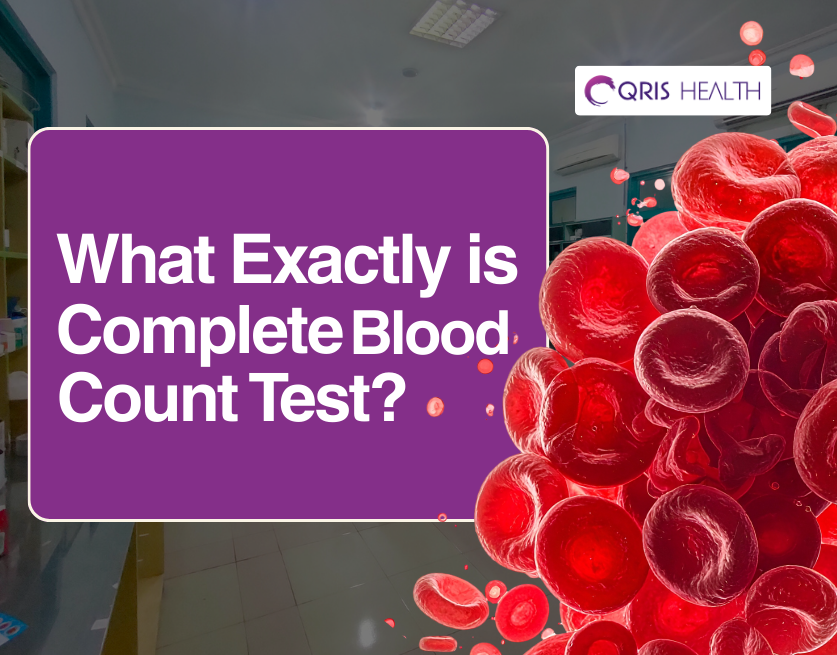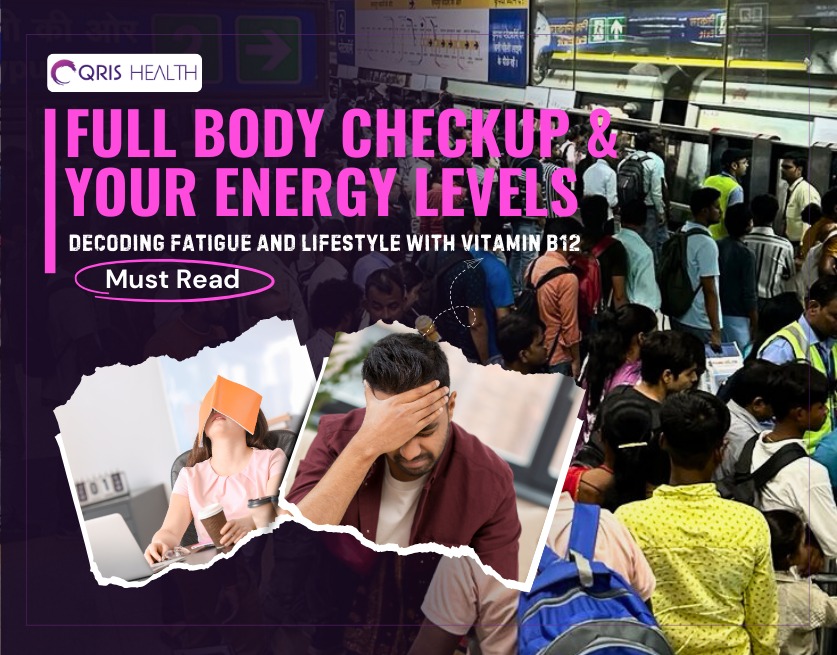Can depression increase your risk for heart disease?
Most of us are living unhealthy lifestyles because of contemporary life's pressures, which get much worse when people are stressed, sad, or anxious. However, you should be aware that your heart health may suffer due to your current lifestyle choices. Depression can worsen the symptoms of heart disease and vice versa. Individuals with no prior history of heart disease are at increased risk for cardiac complications if depressed. Depression heart pain is more likely to be diagnosed in patients who have cardiac disease. Depressive symptoms affect up to 20% of those who have undergone bypass surgery and as many as 15% of those with heart disease.
Consistent evidence from studies on the link between mental and physical health shows that both affect one's emotional and mental well-being.
Heart Care Basic Care
Parameter included: 41
- Blood Glucose Fasting
- Lipid Profile
- HBA1C
Heart Care Basic Care
Parameter included: 41
- Blood Glucose Fasting
- Lipid Profile
- HBA1C
What effects does sadness have on your cardiovascular system?
Patients with depression symptoms have increased platelet reactivity, decreased cardiac variability, and elevated pro-inflammatory markers, all risk factors for heart disease; untreated stress and depression can cause high blood pressure, vascular damage, irregular heart rhythms, and a lowered immune system. Heart disease and heart attack are more likely to occur in people who are depressed, and post-operative recovery from cardiac surgery is also impaired by depression, increasing the chance of death. The American Heart Association suggests that all cardiac patients get evaluated for depression.
How can I relieve my feelings of stress, anxiety, and depression?
Three simple steps can make a big difference for people dealing with mental health issues like depression, stress, and anxiety.
- Identify the reason for your depression, stress or anxiety and address it.
- Seek treatment for depression and heart disease if necessary.
- Even if you've been feeling depressed for a few days now and then, if it's been more than two weeks, it may be time to get some help. When depression makes you miserable and you lose interest in things you used to enjoy, it's a severe issue. It can cause mental and physical health issues and impairment in daily activities.
Choose healthy habits, and don't rush them.
Start slow if this is the first time you have been in an exercise routine. Taking a 30-minute walk daily, even if you can only spare 10 minutes at a time, is beneficial for your depression and heart disease. In addition to the immediate uplift that comes from working out, a regular fitness regimen's mental and emotional benefits include a reduced risk of depression and an enhanced quality of life. Cutting back on fat, added sugar, sodium, and calories can be accomplished by preparing meals more healthily or by swapping out specific products. Pick fresh fruits and vegetables for a snack, or go for salads without dressing and other low-fat options on the menu for Depression heart pain.
Preventive Heart Care
Parameter included: 61
- Lipid Profile
- Liver Function Test (LFT)
- Kidney Function Test (KFT)
Preventive Heart Care
Parameter included: 61
- Lipid Profile
- Liver Function Test (LFT)
- Kidney Function Test (KFT)
Incorporate other healthy lifestyle adjustments one at a time
Be patient, and don't try to "fix" everything at once, especially if smoking is one of the vices you wish to kick. To give up smoking is a challenging task. Discuss your options for quitting smoking with your doctor, who may advise you on whether or not you would benefit from medication. Nicotine replacement therapy and pharmaceuticals are two potential treatment options. You could also ask for a referral for a smoking cessation programme.
Conclusion
Early detection and treatment of depression symptoms in heart patients are vital to improve a patient's quality of life and maybe prevent a recurrent coronary attack. When left untreated, depression can aggravate the cardiac disease and raise the chance of a heart attack. There are effective, safe medications for both depression and heart disease that can help you manage both conditions.






